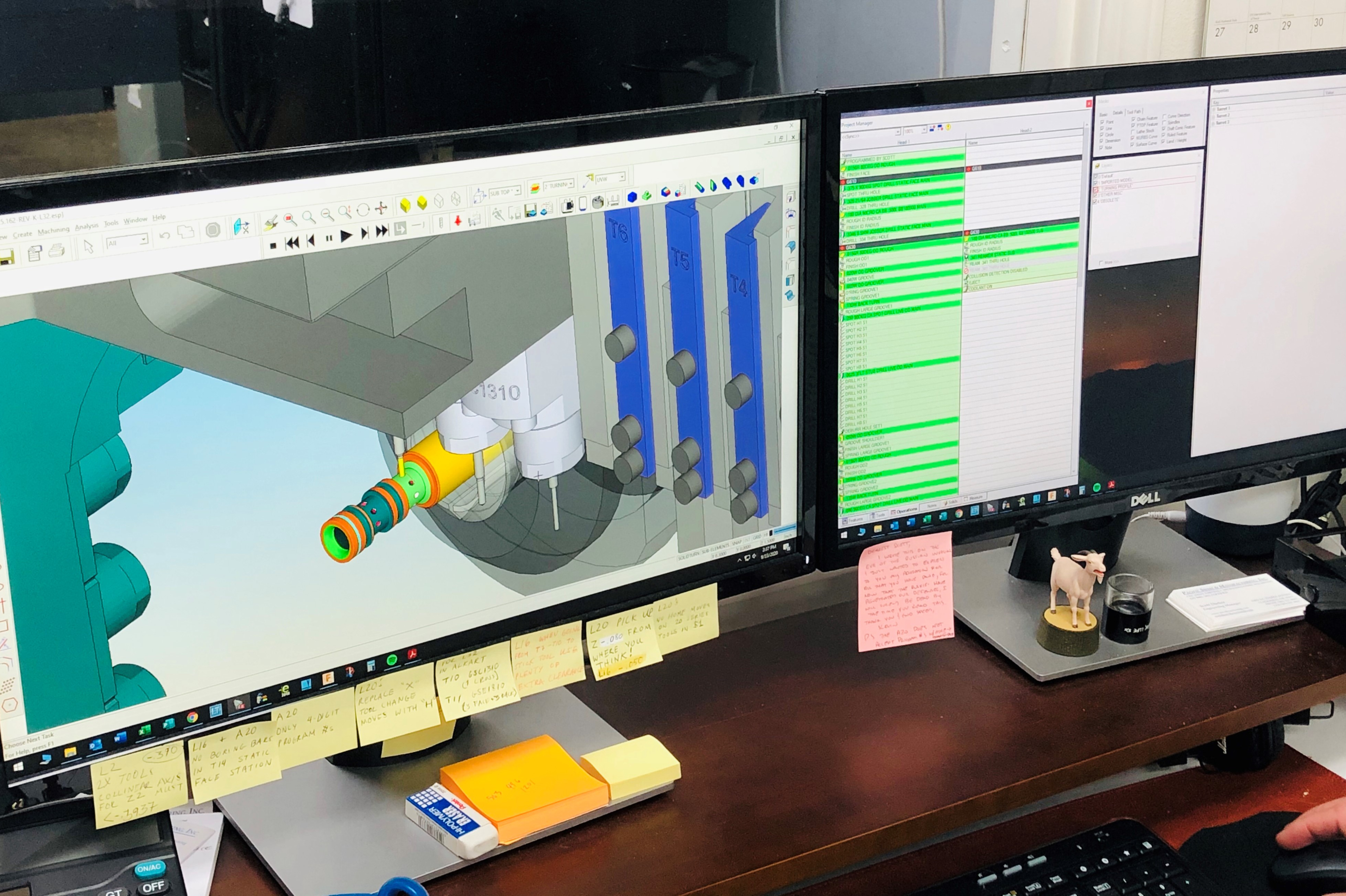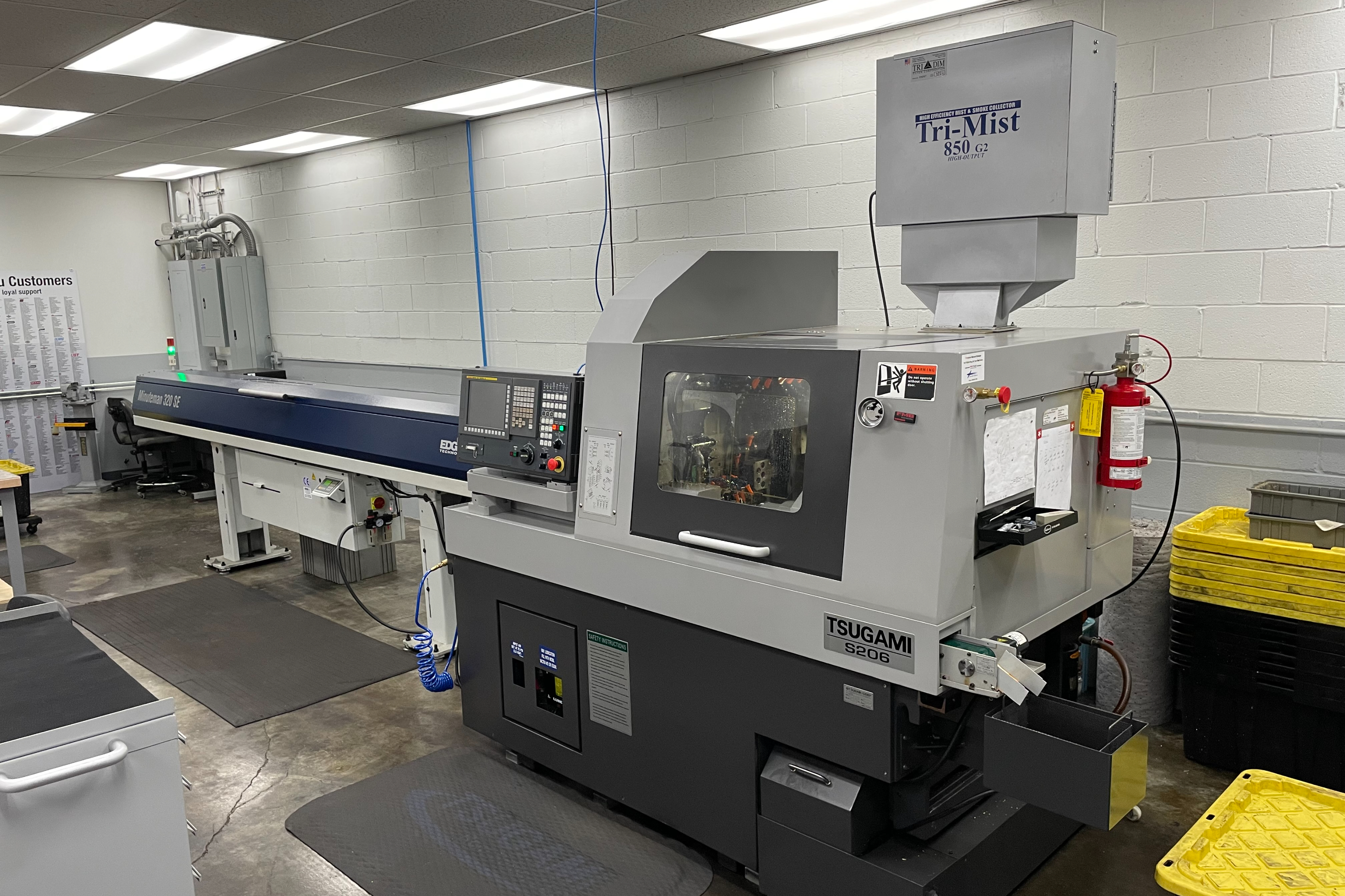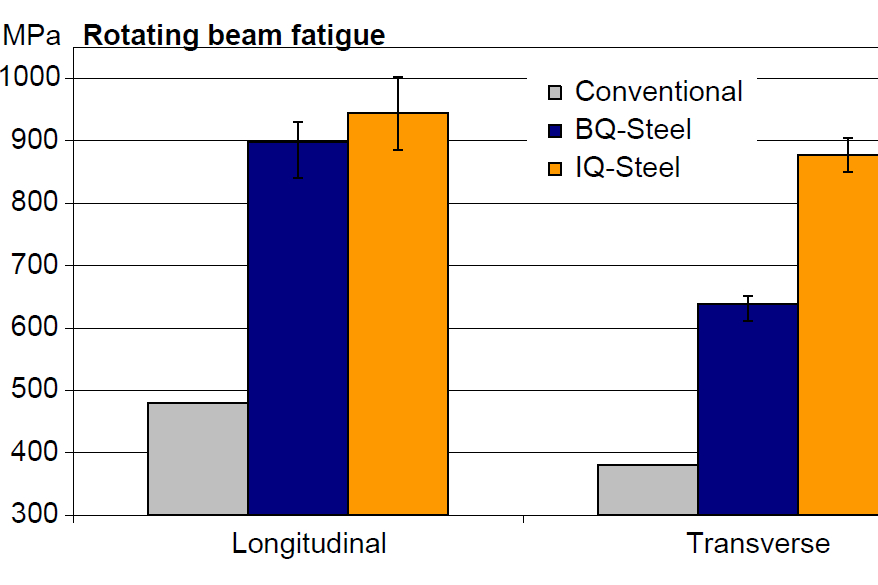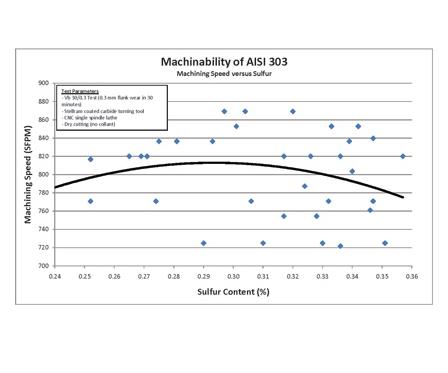A Philosophy of Business--and Life
What if we seek freedom, not wealth? Consider that which holds us captive and how we can prevent it from doing so.
With Donald Trump getting so much attention of late, I can’t help thinking back going on 30 years ago to an experience I had shortly after reading his book, “The Art of the Deal.”
I was a freshman in Marquette University’s College of Business when I took a course led by Professor Richard Allen Davis. We struck up a somewhat unlikely friendship. Oddly enough, I like to think that he gained a sense of satisfaction through engaging me on a metaphysical level and challenging my view of the world.
One such discussion came on the heels of my submission of a term paper, the premise for which was that I wanted to become so wealthy that I could share the view Trump espoused in his book when he wrote, “Money was never a big motivation for me, except as a way to keep score.”
I sat in Mr. Davis’ office in Marquette’s Coughlin Hall and extracted my paper from a file and studied it. When a teaching assistant sauntered past his office door, Mr. Davis called, “This guy wants to be as rich as Donald Trump! What do you think of that?” Mr. Davis relaxed a bit in his chair and looked me in the eye. “Matt, you don’t want to be rich. What you really want is to be free.”
“No, I want to be rich,” I countered, arrogantly dismissing his observation.
In the years that followed, though, I came to learn that Mr. Davis’ observation was, pardon the expression, right on the money. So right he was that, a decade or so later, I wandered back to Coughlin Hall intending to thank him.
As manufacturers, as business owners, wrapped up in profit and loss, gross profit percentages and tax avoidance, it can become all too easy to lose sight of why we do it. What if Mr. Davis was right? What if that which we really seek is not wealth, but freedom? Perhaps the best way to answer that question is to consider that which holds us captive and how we can prevent it from doing so.
- Cash flow worries hold us captive: Capitalize your business adequately.
- The potential of losing a customer holds us captive: Build a strategy to minimize customer concentration.
- Losing a key employee holds us captive: Create depth on your leadership team.
- Losing ground to a competitor holds us captive: Focus on building a world-class machining operation.
- Unproductive conflict holds us captive: Focus your team members on producing results, and they’ll spend less time fighting each other.
- Upset customers hold us captive: Develop systems that support on-time delivery and product quality.
- Environmental risk holds us captive: Encourage processes that mitigate risk.
- Negative, complaining people hold us captive: Move them on.
Perhaps the most encompassing element that holds us captive is that dull worry that something will go wrong; that our business will lose money, struggle to pay the bank, be embarrassed in the marketplace, and so on. Freeing ourselves from this activity requires adopting the perspective that, as important as we make success in business, in the end it’s not the important stuff. Make a list of the ten most important things in your life and, no doubt, you will reach the same conclusion.
戴维斯先生不在他的办公室当我停在to thank him for the advice he gave me so many years before. In fact, his office wasn’t even his office anymore, and its new inhabitant didn’t recognize Davis’ name when I inquired. It wasn’t until just recently, after typing the words “Richard Davis Marquette Philosophy” into a search engine that I learned why. Mr. Davis died suddenly, more than 15 years ago at the age of 61, from an apparent heart attack while on a plane from Bangkok to Tokyo. I paused pensively for more than a moment after learning so and thought about the great lesson he tried to teach me more than a quarter century ago, a lesson that took almost as long for me to fully appreciate.
Freedom trumps money.













